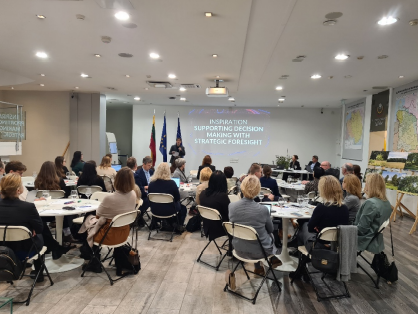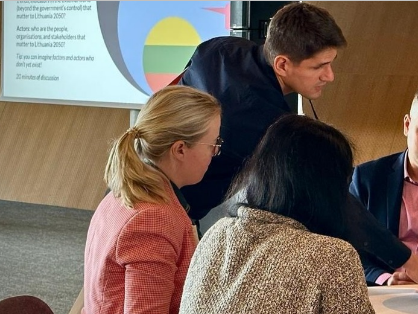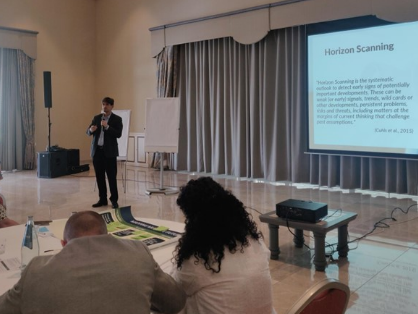The LIMinal Project (Lithuania, Italy, Malta + liminality) was funded by the European Union through the Technical Support Instrument and delivered with the OECD. It set out to strengthen anticipatory governance in three Member States by embedding strategic foresight into public administration. The ambition was to move beyond ad hoc exercises and create lasting structures, skills, and practices for policymaking.
Working with national administrations and the European Commission, we designed a mix of capacity building, pilot cases, and practical tools. This included a curriculum map and guidebook to structure learning, a framework for Communities of Practice (CoP), and a methodological workshop series for applied foresight.
Together with partner governments, we piloted foresight in different contexts:
Lithuania – supported the Parliamentary Committee for the Future in developing its White Book and implementing Lithuania’s long-term vision and strategy, LT2050.
Italy – worked with the National School of Administration to launch foresight trainings and capacity building efforts.
Malta – co-developed Futures Personas with the Ministry for Education, Sport, Youth, Research and Innovation and piloted an Uncertainty Scan and Dashboard with the Ministry for Social Policy and Children’s Rights.

Governments adopted and applied foresight methods such as the Uncertainty Dashboard and Futures Personas, bringing concrete outputs into their strategy and policymaking processes.

Foresight was mainstreamed into cross-government decision-making, with new skills and practices embedded across multiple administrations.

The project laid the groundwork for foresight units, formalised roles, and sustained structures — supported by reusable outputs like the Guidebook, Curriculum Map, CoP framework, and Institutionalisation Framework.


